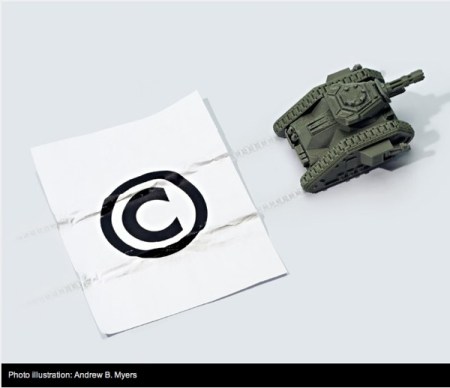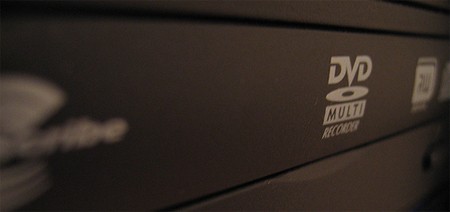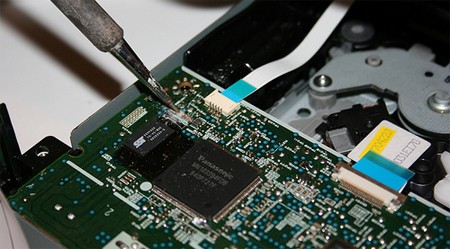
We’ve all heard the countless arguments about piracy in digital media. However, it appears that 3d printing or other rapid prototyping systems are bringing legal issues to a more physical world. The story goes like this: [Thomas] bought a 3d printer. He’s a big fan of warhammer figurines. He spends tons of time creating some custom warhammer figures, and uploads them to thingaverse. Games Workshop, the owners of Warhammer, unleashed the lawyers and had the items removed.
There are so many angles to this story, the mind boggles. If I were an artist, and someone else was uploading copies of my work, essentially stopping my revenue, it would suck. Then again, if I were lucky enough to have a fanatical fan base that spread the love for my product with excitement and zeal, I might want to encourage them. Neither of those thoughts however, cover the legal issue at the base here. We don’t have an answer for you. Sorry. You’ll probably be seeing this issue pop up more and more often in the future.
We encourage you to make our logo. Though we haven’t bothered to ask our lawyers.















